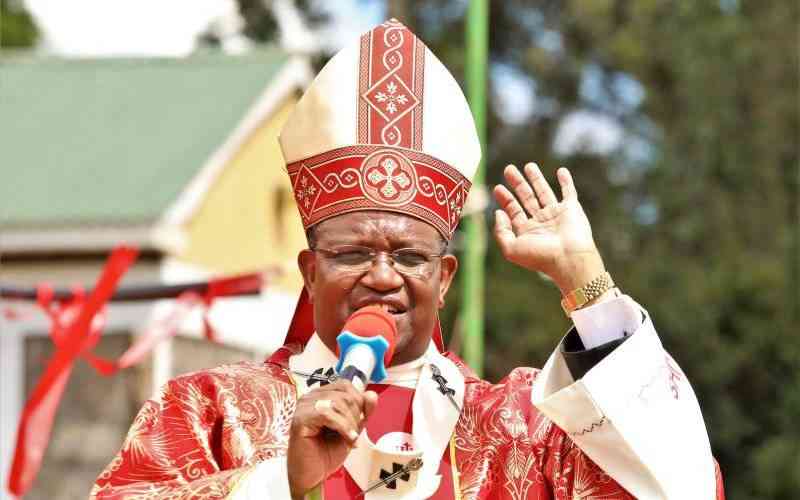×
The Standard e-Paper
Smart Minds Choose Us

This week witnessed the opening of the three-week long Synod of the Catholic Church in Rome.
It has been described as the most significant gathering in the Church since Vatican II in the 60s. It is the culmination of a consultative process that involved every parish in the world and now some 400 delegates from the globe will deliberate on the findings of that consultative process.